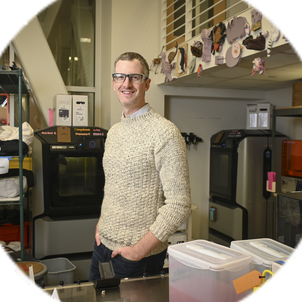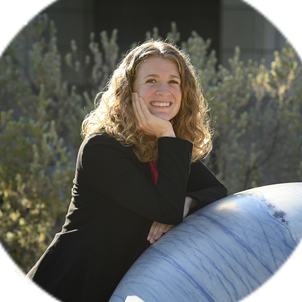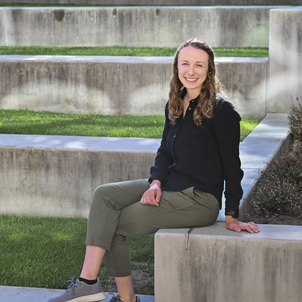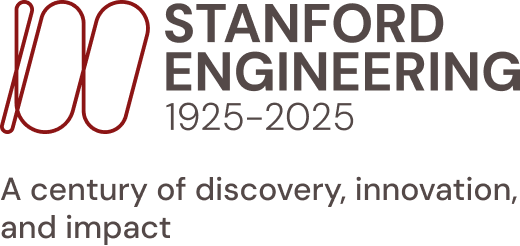I started working in 1965, right when I got my master’s degree from Stanford. I worked on anything to do with water: water resources management and wastewater treatment. I held a consulting position with a prominent firm and stayed there for 23 years. I experienced the whole spectrum of engineering, from specification costs to design to management. After 23 years I was managing three offices for the company. Then I decided to go into business for myself, which I did until 2006. Quite a few companies wanted to acquire mine. So I sold it and stayed on with the company as senior VP. At the beginning of my career, I thought I would have to hunch over a table and do design calculations. But in the end, I did much more than that. These days I’m working on water recycling projects. One day we will have to depend on our wastewater as a major resource. In California we are spoiled with all of the rivers around us and the shipping of water from north to south. The amount of water we use is more than any other country on a per person basis. We just turn on the tap and flush without a second thought.
In the 1970s environmental engineering had peaked. The federal government gave you a lot of money and all of the treatment plants were upgraded. Today, all of the plants are old and tired. The technology is still in the 20th century. There’s no money and the outlook is dismal. But technology is being developed. Researchers at Stanford are doing good work, but people outside of this circle don’t know. I’m working with the Codiga Resource Recovery Center at Stanford, a facility whose purpose is to demonstrate the scalability of promising wastewater treatment technologies and help spur innovation in this area, to help raise awareness for this project among wastewater professionals. I would urge anyone in the water industry, water and wastewater agencies, consultants, environmental groups and nonprofit foundations to read up on projects like the Codiga Resource Recovery Center. We have to start educating ourselves and our children so that we can create a movement to protect our environment. With climate change, it’s urgent. There will be a crisis if nothing changes.
Related spotlights

Dan Somen

Sonia Martin


